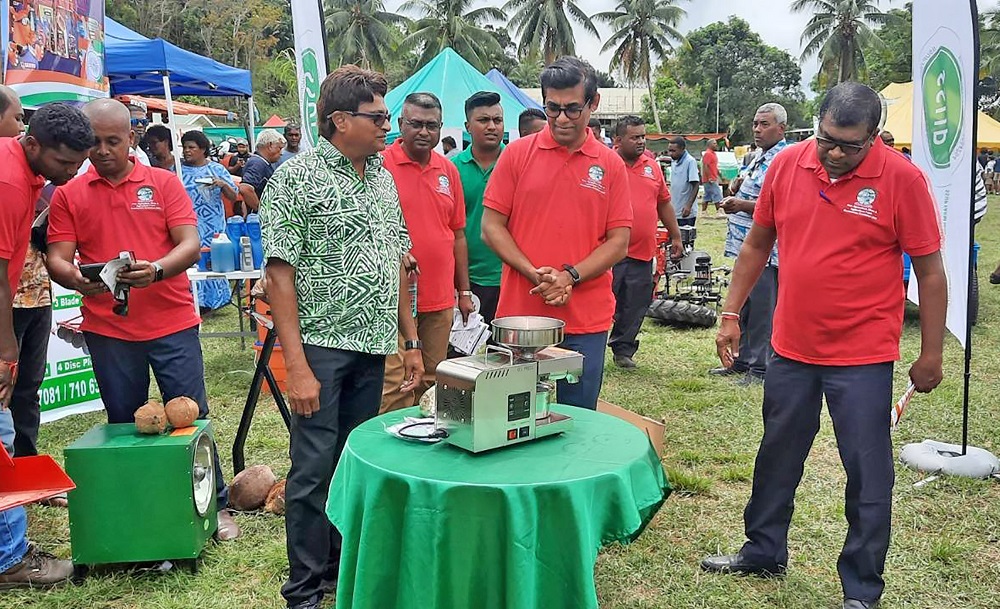Fiji’s agriculture sector gross domestic product increased at an average growth rate of 7.9 per cent every year between 2010 and 2019, says Agriculture Minister Dr Mahendra Reddy.
While officiating at the Mini Agriculture Show and Agriculture Farm Machineries Exhibition held at the Nacocolevu Research Station in Sigatoka recently, he said non-sugar agriculture GDP also increased by 83.4 per cent.
“In 2020, the total non-sugarcane contribution towards GDP increased further to $664.8 million,” he said.
“In 2021, the value of fresh and chilled crop and livestock exports experienced a growth rate of 13.7 per cent and was valued at $121 million.”
He said these figures were the result of the dedication by farmers, producers, exporters, vendors, and everyone in the value-chain. He added that the pathway forward for the sector would require putting in place good agricultural practices to increase farming efficiency and productivity.
“There are a number of binding constraints in agriculture, there are a number of critical factors that contribute to agriculture growth and development and one of those factors that we are emphasizing in the ministry is that we need to improve the rate of mechanisation.
“Agricultural growth cannot take place at the pace at which we want without introducing mechanisation, the current era’s agricultural revolution requires mechanisation.
“Mechanisation contributes to improved or increased productivity, enhancing efficiency, reduction of costs, and it also improves in post-harvest processes.
“So we are now at a juncture in agriculture growth and development in Fiji where we need to introduce mechanisation in different ways, phases and stages of production.”
Dr Reddy emphasised that it was important to identify more efficient and environmentally friendly alternatives to maintain food production because inorganic fertilisers had negative impacts on resources.
“We have to work together as partners to achieve an objective that will be mutually beneficial and strengthen our position regarding sustainable food systems and economic growth.”




